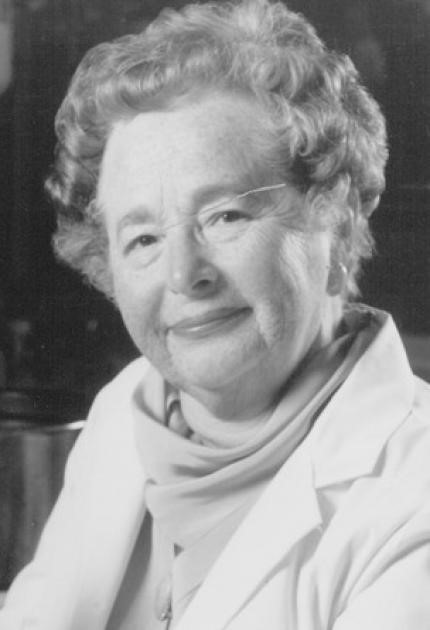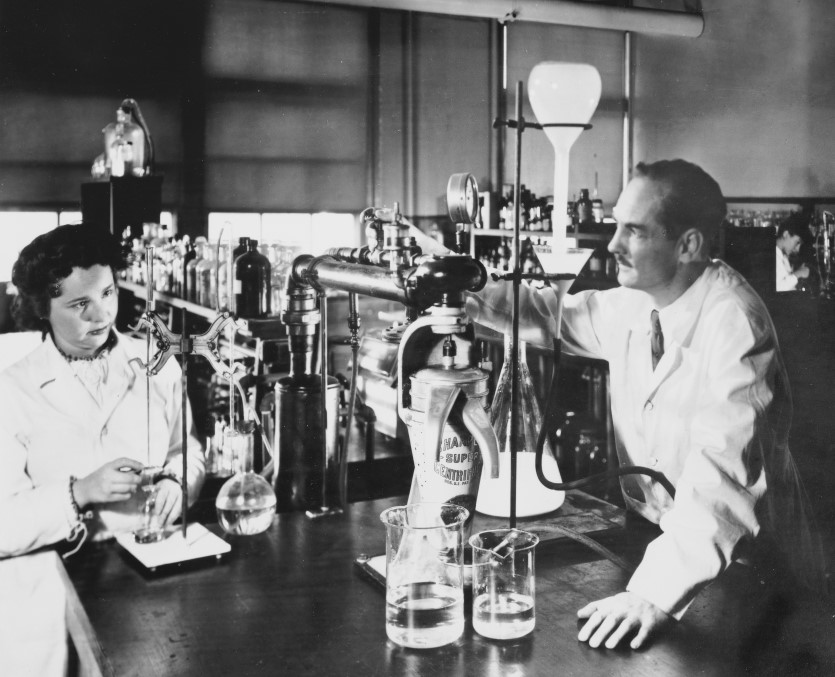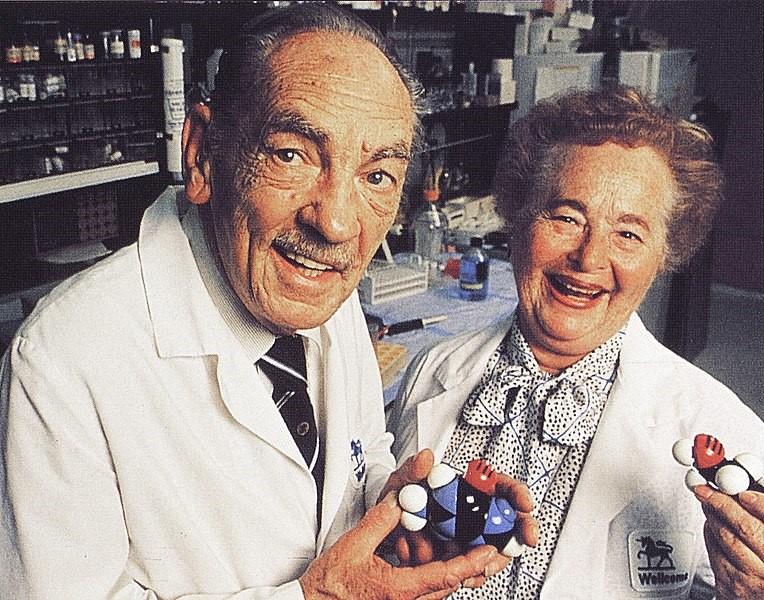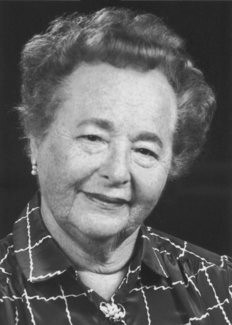Gertrude Elion (1918-1999)
This week we're honoring the health care and public health people working tirelessly to protect our communities in the midst of the COVID-19 crisis.
Biochemist and pharmacologist Gertrude Elion was a trailblazer of modern medicine, and her work has shaped the way professionals today create new and life-saving pharmaceuticals. Elion was crucial in the development of multiple new medications, and in 1988 she was awarded for her work with the Nobel Prize.
Gertrude Elion, image courtesy of the National Inventors Hall of Fame.
Elion was born in 1918 in New York City to immigrant parents. She grew up in Manhattan and the Bronx and from an early age showed a talent for academic work. She described herself as “a child with an insatiable thirst for knowledge and remember enjoying all of my courses almost equally.” At age 15, Elion attended Hunter College, graduating with high honors in chemistry at 19. Elion was inspired to enter the medical field from a young age, motivated by her grandfather’s death from stomach cancer.
After graduation from college Elion had difficulty getting work in a laboratory, as most did not hire female chemists. Finding only part-time employment as a lab assistant and substitute teacher, she entered New York University to pursue her master’s degree. She was the only woman in her graduate classes, and of this time in her life said: “I hadn’t been aware that any doors were closed to me until I started knocking on them.”
Gertrude Elion in laboratory circa 1950s. Image courtesy of GlaxoSmithKline Heritage Center, via the Jewish Women’s Archive.
The start of World War II drastically changed the job field for American women, offering up more opportunities as many men were called to the war cause. During this time, Elion began working fully in the pharmaceutical field, starting out at Burroughs-Wellcome in nucleic acid research in 1944. This position was the start of her 40-year collaboration with Dr. George Hitchings, who would become her scientific partner in developing new solutions to diseases.
Elion and Hitchings took an innovative approach in creating medicine, focusing on the study of the chemical composition of diseased cells. This was in contrast to the more mainstream process used in their industry, which involved reliance on trial-and-error methods. The pair instead analyzed the differences in biochemistry between normal cells and pathogens to create medications that would block viral infections. This method was known as “rational drug design,” and allowed for successful interference with cell growth.
Over the course of her career, Elion registered 45 patents in medicine, published 225 papers on her medical findings, and helped develop numerous medicines. Among them were effective drugs for treating leukemia, AIDS, gout, malaria, herpes, and treatments related to kidney transplants.
Gertrude Elion and George Hitchings in a laboratory, 1948. Image courtesy of GlaxoSmithKline and Jon Elion, via the Science History Institute.
Gertrude Elion and George Hitchings 1988. Wikimedia Commons.
In 1983, Elion officially retired, but remained active in her field, continuing as a consultant and an adviser for the World Health Organization and American Association for Cancer Research.
In 1988 she was awarded the Nobel Prize along with Hitchings and Sir James Black, “for discoveries of important principles for drug treatment.” In 1991, she became the first woman inducted to the National Inventors Hall of Fame. Elion passed away in 1999.
Gertrude Elion, image courtesy of the Nobel Prize Foundation.
Learn More
The Jewish Women’s Archive has an exhibit on Gertrude Elion as part of their “Women of Valor” series.
The Nobel Prize Foundation featured Gertrude Elion as part of their “Women who changed science” series. The Foundation also has a short autobiography from Gertrude Elion that describes her life in her own words.
Do you have a question about this story, or a personal experience to share?
Use this form to send a message to the Charlie Clark Center for Local History.
Center For Local History - Blog Post Message Form
Do you have a question about this story, or a personal experience to share? Use this form to send a message to the Center for Local History.
"*" indicates required fields




